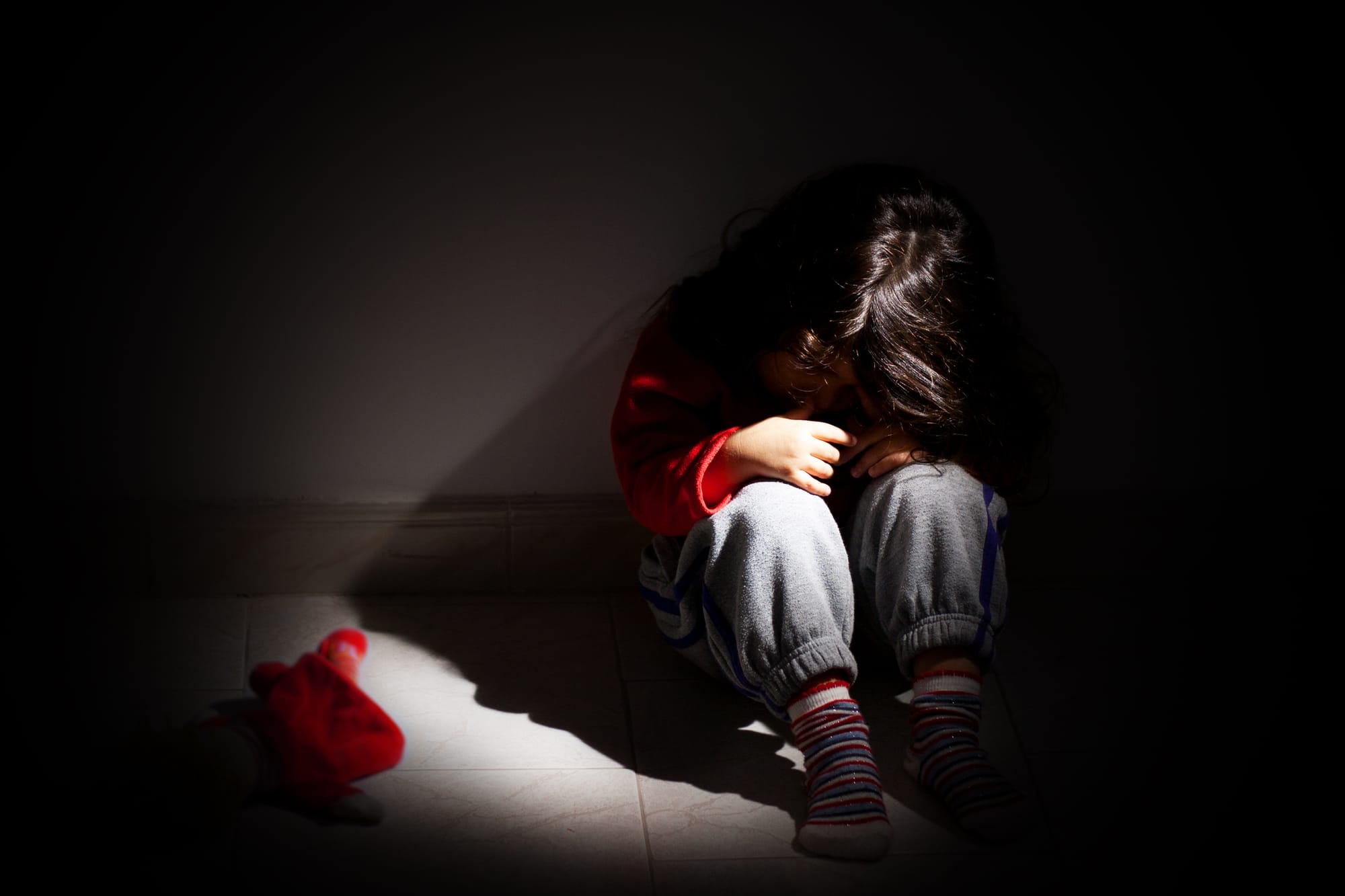Neglect

Neglect or acts of omission Neglect or neglect is the failure to provide necessary care, support, or attention to someone or something in need. This can occur in a variety of contexts, such as relationships, parenting, caregiving, work adjustments, or social infrastructure. Negligence can have serious consequences for the person or entity involved, causing physical, emotional or mental harm. Such as food, shelter, clothing, health care, education and emotional support. Child neglect can have long-term physical and mental effects on children, including poor growth and development, emotional and behavioral problems, and an increased risk of chronic disease and premature death, according to the World Health Organization. A study published in the Journal of Safety shows that medical errors, including negligent actions, are the leading cause of death and injury in healthcare settings and highlights the importance of addressing and preventing medical incidents. In work programs, neglect can manifest as managers failing to address issues of discrimination, harassment, or unsafe working conditions, resulting in a toxic workplace and a negative impact on employee well-being and productivity. Research published in the Journal of Occupational Health Psychology shows that workplace neglect can lead to increased employee stress, burnout, and job dissatisfaction. . , poverty or environmental problems have a particularly serious impact on disadvantaged groups. The UNDP report highlights how the neglect of certain groups of people, such as refugees, indigenous peoples or the poor, exacerbates social and economic inequalities and hinders progress towards sustainable development goals. , neglect or neglect can have wider consequences for individuals, communities and society. Recognizing and addressing neglect situations is important to prevent damage and promote recovery. By promoting a culture of care, compassion and responsibility, we can work towards an inclusive and equal world for all. World Health Organization. (2016). Child abuse. https://www.who.int/news-room/fact-sheets/detail/child-maltreatment 2. Journal of Patient Safety. (2013). Medical errors - the third leading cause of death in the United States. https://journals.lww.com/journalPatientsafety/Fulltext/2013/09000/A_New,_Evidence_based_Estimate_of_Patient_Harms.2.aspx 3. Journal of Occupational Health Psychology. (2017). Workplace bullying, mobbing, and general bullying: A review. https://psycnet.apa.org/record/2017-56847-001 4. United Nations Development Programme. (2020). Human Development Report. https://hdr.undp.org/en/2020-reportNeglect or acts of omission Neglect or neglect is the failure to provide necessary care, support, or attention to someone or something in need. This can occur in a variety of contexts, such as relationships, parenting, caregiving, work adjustments, or social infrastructure. Negligence can have serious consequences for the person or entity involved, causing physical, emotional or mental harm. Such as food, shelter, clothing, health care, education and emotional support. Child neglect can have long-term physical and mental effects on children, including poor growth and development, emotional and behavioral problems, and an increased risk of chronic disease and premature death, according to the World Health Organization. A study published in the Journal of Safety shows that medical errors, including negligent actions, are the leading cause of death and injury in healthcare settings and highlights the importance of addressing and preventing medical incidents. In work programs, neglect can manifest as managers failing to address issues of discrimination, harassment, or unsafe working conditions, resulting in a toxic workplace and a negative impact on employee well-being and productivity. Research published in the Journal of Occupational Health Psychology shows that workplace neglect can lead to increased employee stress, burnout, and job dissatisfaction. . , poverty or environmental problems have a particularly serious impact on disadvantaged groups. The UNDP report highlights how the neglect of certain groups of people, such as refugees, indigenous peoples or the poor, exacerbates social and economic inequalities and hinders progress towards sustainable development goals. , neglect or neglect can have wider consequences for individuals, communities and society. Recognizing and addressing neglect situations is important to prevent damage and promote recovery. By promoting a culture of care, compassion and responsibility, we can work towards an inclusive and equal world for all. World Health Organization. (2016). Child abuse. https://www.who.int/news-room/fact-sheets/detail/child-maltreatment 2. Journal of Patient Safety. (2013). Medical errors - the third leading cause of death in the United States. https://journals.lww.com/journalPatientsafety/Fulltext/2013/09000/A_New,_Evidence_based_Estimate_of_Patient_Harms.2.aspx 3. Journal of Occupational Health Psychology. (2017). Workplace bullying, mobbing, and general bullying: A review. https://psycnet.apa.org/record/2017-56847-001 4. United Nations Development Programme. (2020). Human Development Report. https://hdr.undp.org/en/2020-report


